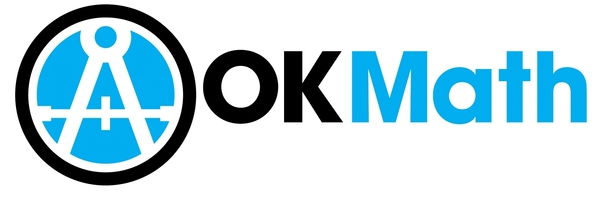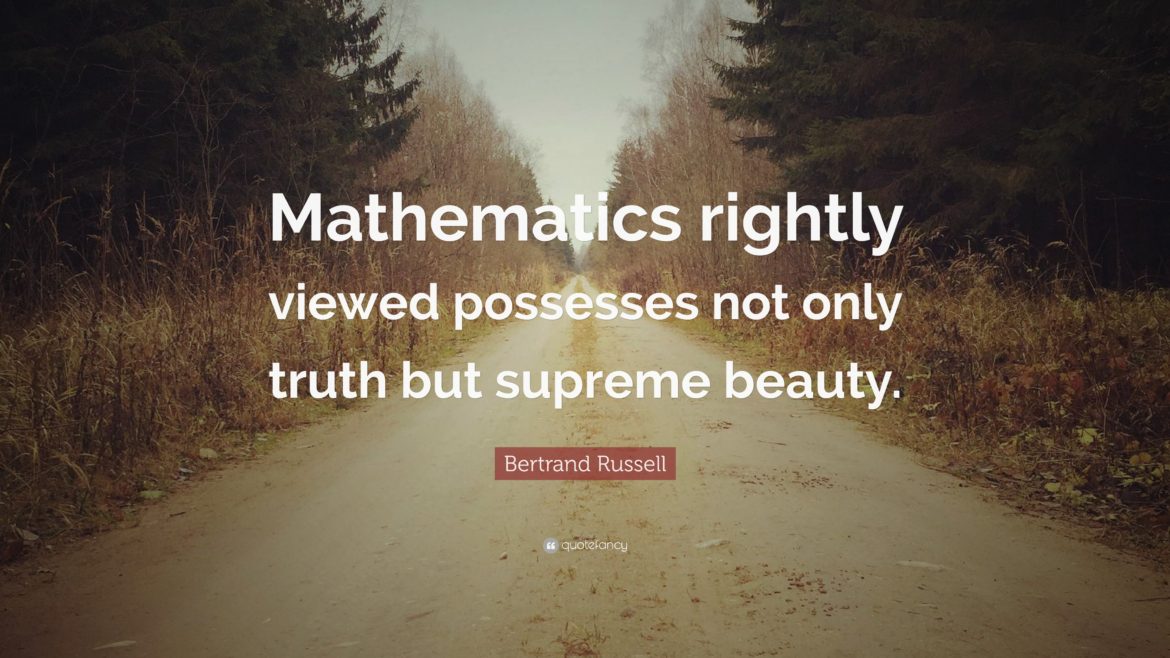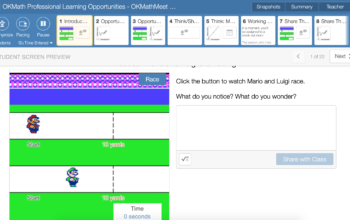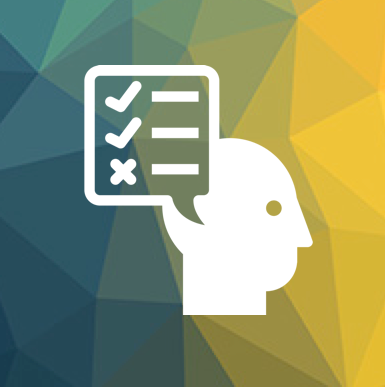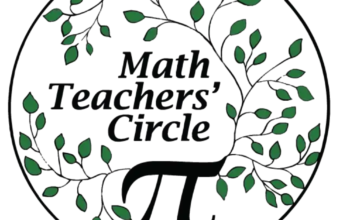How many times have you heard “I’m not a math person” in your life? How many times have you seen a grimace or heard a groan in response to mentioning your choice of profession? Mention math and you will hear a story (or two… or ten…) about how math was the worst. People often brag about having “the worst” math experiences, and it’s something that you just don’t see often in other subject areas.
Why is it always math? And how can we shift people’s mindsets to embrace, even enjoy learning and doing mathematics? Oklahoma math educators have been thinking, researching, and testing out different theories, and we’ve found a few answers.
Unit Zero
If you’ve checked out the suggested learning progression for your grade level on the OKMath Framework pages, you may have noticed for each grade there is a “Unit Zero.” This unit was designed to develop students’ mathematical mindsets, where students know that math is a subject of growth and that students’ roles are to learn and think about new ideas (Boaler).

By using Unit Zero at the beginning of the year (or whenever they happened to discover the suggested learning progression,) teachers noticed students using the Mathematics Actions and Processes more often when attempting to complete math tasks and approaching each problem with a growth mindset, the view that talents and abilities could be developed and that challenges were the way to do it (Dweck).
Goal-Setting
Setting your own goals is sometimes difficult; we want to accomplish all of our goals and can feel like a failure if we don’t accomplish them right way. Enter the power of SMART goals and the word “yet.” When students set SMART goals, they are creating a goal that is SMART, they are investing in themselves and taking ownership in their education. The teacher doesn’t dictate any requirements for a SMART goal, just that they set at least one. Students check back on their goals once per month or as often as the teacher believes they should be looked at, making sure there is specific time set aside for reflection on the goals and creating new goals. If a student hasn’t met their goal, they haven’t met it “yet.” That little word promises a world where students can achieve their goals and opens up the door to a growth mindset.

Acknowledge Math Anxiety as “a thing.”
Math anxiety exists. People spread their own math anxiety to others at an alarming rate, and it sometimes seems like an uphill battle to fight the “I can’t do this” mentality. Approach this battle head-on by acknowledging math anxiety exists and talking about ways to lessen this anxiety.
Math Teachers’ Circles and Math Student Circles
Math Teachers’ Circles are for any educator, PreK-20, who is interested in engaging in mathematics and building a mathematics community.
Oklahoma Math Teacher Circles work to accomplish the following goals:
- Goal 1: Reflect on one’s cultural and mathematical identity, and recognize every student has a unique cultural and mathematical identity.
- Goal 2: Develop strategies and a safe classroom culture to help students self-identify as mathematicians, reflect on their relationship with mathematics, and embrace themselves as mathematicians.
- Goal 3: Foster an educator community that is built on a foundation of mathematics and values educator voice, mutual trust, openness, and reflection.
- Goal 4: Apply the principles of the Math Teacher Circle community in the mathematics classroom to create an inclusive community built on productive struggle, student/educator voice, mutual trust, openness, collaboration, and reflection.
- Goal 5: Purposefully plan mathematics instruction that builds an all-inclusive classroom community responsive to the goals and needs of underrepresented students.
Math Students’ Circles meet similar goals; they allow students to explore low floor, high ceiling mathematics tasks that encourage enjoyment of mathematics and help students develop their mathematical identities.
Resources
Where can you go to learn more?
- OKMath Frameworks (Click on your grade level to see grade-level Mathematics Actions and Processes, Suggested Learning Progression [including Unit Zero,] Objective Analyses, and Engagement Strategies)
- Goal Setting Sheet for Students
- Jo Boaler’s YouCubed (Mathematical Mindset) Website
- Carol Dweck Ted Talk- “The Power of Believing You Can Improve”
- Math Teachers’ Circles
- Math Student Circles
- Oklahoma Math Teachers’ Circles
